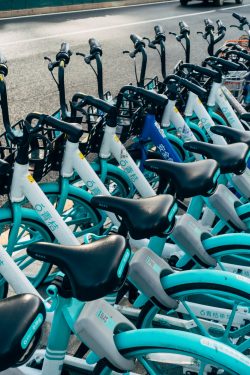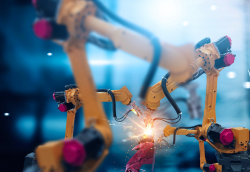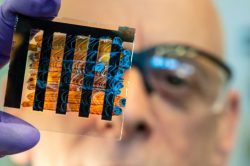To ensure food security is one of the biggest global challenges nowadays and deep technologies have been adopted as a key element in the food sector to address its major challenges.
To ensure food security (availability of sufficient amounts of safe and nutritious food) is one of the biggest global challenges nowadays, as it is related to main global trends in this sector, which influence on food security and will determine its further development. These are: demographics, scarcity of natural resources, climate change and food waste.
Due to its complexity and urgency, these challenges require cross-sectorial collaboration between deep tech, packaging and agri-food. Deep technologies have been adopted as a key element for food security, as they can tackle major challenges including environmental impact and biodiversity loss, food optimisation, as well as food quality and safety.
This involves the incorporation of monitoring elements such as advanced cameras; thermal, hyperspectral or spatial sensors; robotics and drones, all of which are usually combined with technologies such as artificial vision or deep learning.
Deep tech has changed the rules of the game in the food and packing industries, as it can help in their constant adaptation towards a more sustainable development.
Technologies enabling sustainable packaging play an important role in the circular economy: by optimising resources, reducing the waste and extending the value of products. NIR spectroscopy or thermography are extremely useful during the processing and packaging of food.
Deep tech has changed the rules of the game in the food and packing industries, as it can help in their constant adaptation towards a more sustainable development. Nowadays, one of the key ingredients of the basis of our current diet is precisely technology.








